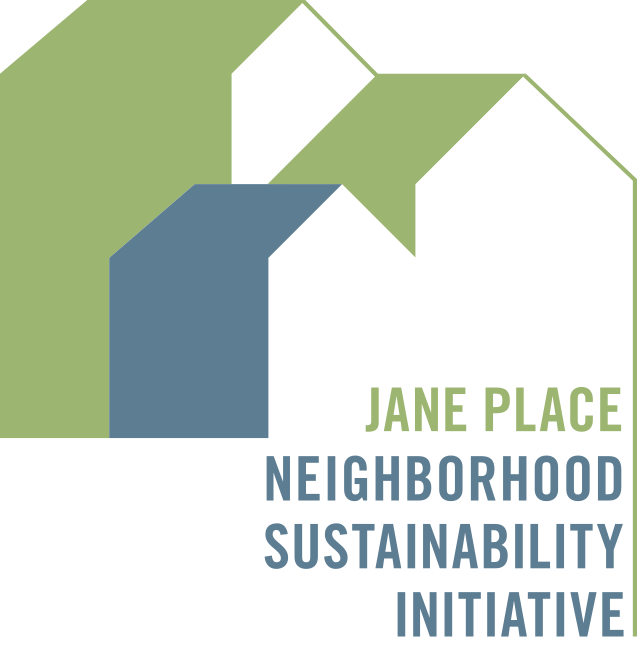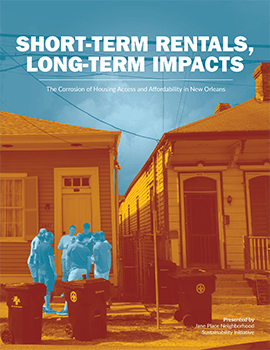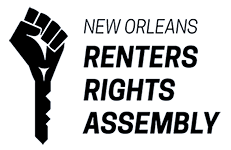In 2017, the New Orleans City Council initiated regulations for Short-Term Rentals (STRs), requiring platforms such as Airbnb to disclose operator data. Additionally, Airbnb was mandated to contribute to affordable housing funds. STR operators were also obliged to obtain one of three City licenses.
Jane Place conducted an assessment of the City's STR regulatory measures a year after their implementation. This assessment utilized data from the City's publicly available permit database, monthly usage reports from STR platforms, and scrapes of Airbnb listings available online via the website Inside Airbnb. Our findings indicate that the City's approach to STR regulation exacerbates gentrification and resident displacement. This is primarily due to the unrestricted conversion of homes into STRs, leading to the removal of properties from the housing market, and disregarding the inflationary impact on overall housing costs caused by STRs.
Since then, Jane Place has published two separate reports on the state of short-term rentals in the city, detailing their impacts on neighborhoods and offering policy recommendations to the City of New Orleans to address the displacement of residents in the historic core.
Despite these efforts, thousands of homes continue to be taken off the rental market, particularly in historically Black neighborhoods, to cater to tourists. This trend has resulted in increased housing costs due to decreased supply, with sales prices reflecting the potential returns from renting to tourists.
Short-Term Rentals, Long Term Impacts 2.0:
The Continued Corrosion of Housing Access and Affordability in New Orleans
In August 2022 out-of-state investors petitioned the 5th Circuit Court to remove the Homestead Exemption requirement for obtaining a residential short-term rental license. In response Jane Place published this follow-up to our 2018 report detailing the increased presence of short-term rentals throughout New Orleans, especially those in the historic core of the city.
Short-Term Rentals, Long-Term Impacts (2018)
Short-Term Rentals, Long-Term Impacts: The Corrosion of Housing Access and Affordability in New Orleans exposes the ways in which short-term rentals (STRs) exacerbate New Orleans’ housing crisis and provides recommendations to elected officials, leaders in the cultural sector, and individual residents to mitigate the negative impacts of STRs.
Large out-of-state corporations have scooped up hundreds of apartments in the CBD and converted them into full-time STRs. JPNSI, the Greater New Orleans Fair Housing Action Center, and HousingNOLA recommend that STR operators in the CBD be required to also provide affordable housing. This could be done one of two ways:
- One-to-One Match with a Cap: Allow STR permits up to a cap of a certain percentage of the building’s total units (15%, 20%, 30%), but only if the building also holds a matching number of units affordable at 60% AMI.
- One-to-Two Match with no Cap: Allow an unlimited number of STR permits per building, but only if the building also provides two units of housing affordable at 60% AMI for every one STR permit.
Tying commercial STR permits to affordable housing would bring hundreds of apartments online at rates that would be affordable to hospitality workers, teachers, nurses, first responders, and many others. This would create opportunities for New Orleanians to live close to all of the amenities clustered in the CBD and French Quarter, from jobs to transportation to healthcare to recreational activities. Residents deserve to partake in all New Orleans has to offer- we should not turn over the entire CBD to corporations catering to tourists who can afford to pay top dollar.




